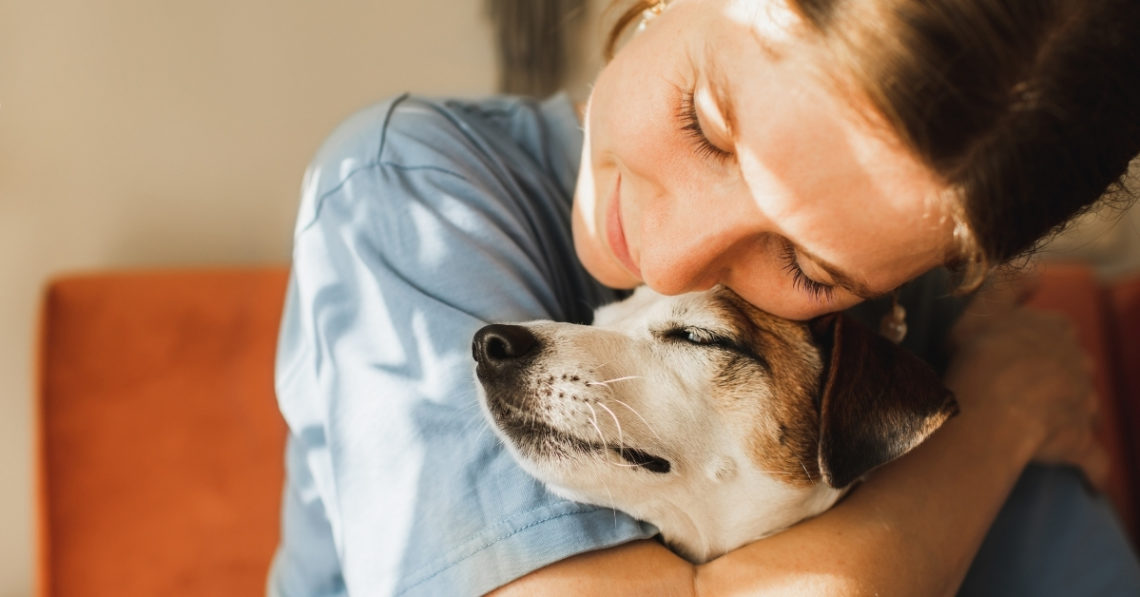When you cry, your dog sits next to you like a furry little therapist who works for free. When you’re stressed, they pace. When you’re anxious, they start yawning like they’re trying to make it contagious. If this feels intentional, it kind of is.
Scientists have spent years confirming what dog people already know: dogs have a freakishly good sense of what we’re feeling. Not because they’re psychic. Because their brains have been fine-tuned, over thousands of years, to decode ours.
In brain imaging studies, dogs showed activation in regions similar to our own when hearing voices. Not just any voices, but human ones with emotional weight—a laugh, a sob, a pissed-off yell. According to researchers, these sounds light up their auditory cortex and amygdala, the brain’s emotional command center. They’re not just hearing us. They’re feeling it.
Your Dog Really Does Feel What You Feel
That face you make when you’re on the verge of a breakdown? Dogs are noticing that too. Studies show they react more intensely to familiar human faces than strangers’, and their reward centers actually light up when they see yours. So when you walk through the door and they act like you’re a celebrity back from the dead, they mean it.
And then there’s the oxytocin loop—a literal chemical bond that spikes when you and your dog lock eyes. Researchers have compared it to the gaze between parent and infant. Wolves don’t do this. Dogs evolved to.
They can even smell your emotions. In one study, dogs exposed to sweat from scared people became visibly more stressed than those who smelled “happy” sweat. So if your dog seems on edge, you might want to check your own pulse.
This level of emotional syncing isn’t some bonus trait. It’s what dogs were bred for. Through domestication, their brains got smaller, but some areas actually became more developed, especially those tied to social cues, empathy, and reward.
They’re probably not wondering why you’re sad or what existential crisis you’re in this time. But they’re expert readers of tone, posture, breath, and sweat. You give them the emotional cue. They meet you there. Every time.
For all the ways we’ve complicated human communication, dogs skipped the language part and went straight to understanding. No wonder they’re better at relationships than most people you know.
The post Science Finally Proved It: Your Dog Really Does Feel What You Feel appeared first on VICE.




